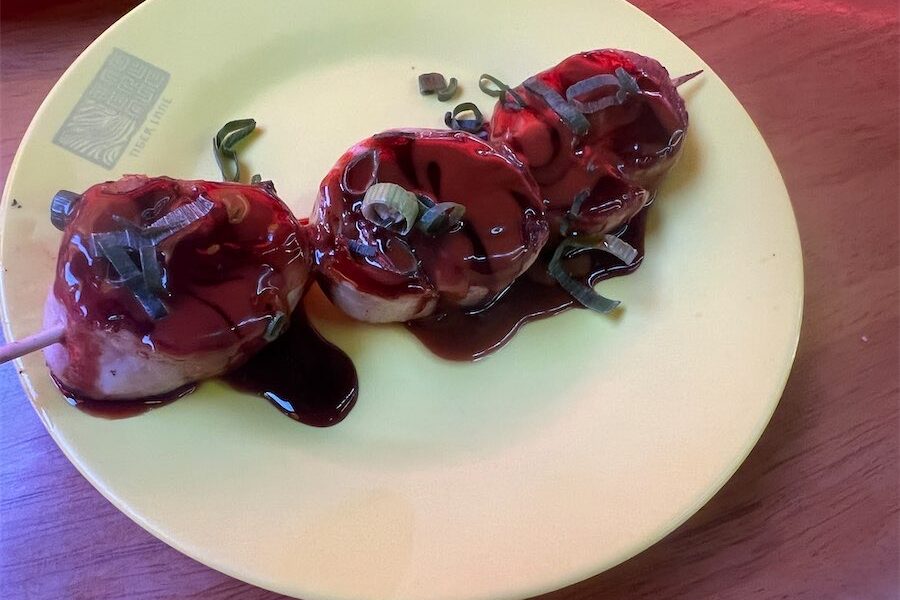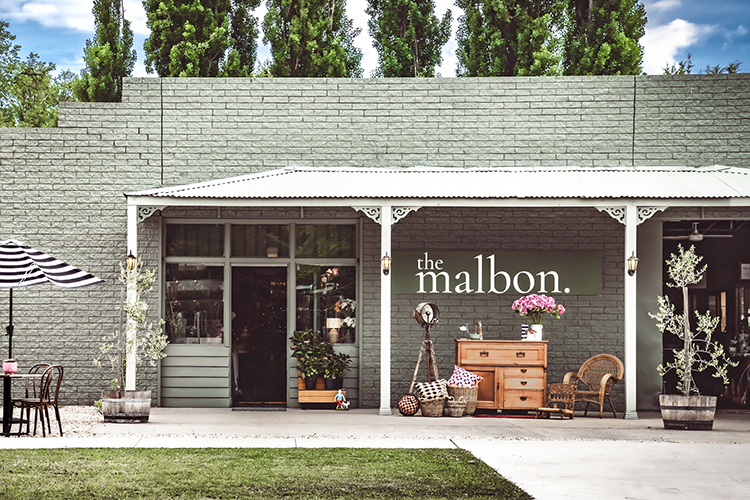
Spraying fruit trees is important as its helps the yield grow to be as healthy as possible, says gardening columnist JACKIE WARBURTON.
STONE fruits, such as peaches and nectarines, can be treated with copper oxychloride at leaf fall and bud swell, that is now and in spring.

Removal of all leaf litter under trees is helpful to prevent spores spreading and another spray at “bud swell” in spring, when there is a slight colour on the flower buds, is crucial for the flowers to form.
Peach leaf curl is a fungus that only affects the first set of leaves in spring. The rest of the leaves are normal throughout the season and the fruit is unaffected by this fungus.
Some years the fungus is worse than others and only needs to be sprayed if more than 50 per cent of the leaves are affected.
Copper oxychloride is also useful for spraying other stone-fruit trees as well, such as cherry, plum and apricots, for a condition called “shot hole”. This is a visible, circular small hole in the leaves in summer. If there are insect issues as well with stone-fruit trees, then a stronger product could be used, such as lime sulphur.
It’s a dual insecticide/fungicide and should only be sprayed when trees are in dormancy, not to mention it stinks of a rotten-egg odour and can be quite off-putting. However, this only lasts a day or two.
Spraying should be done when the air is quite still. Importantly, lime sulphur must not be used on apricot trees or it will result in a massive dieback of shoots.
Right now, fruit trees could do with a good shovel or two of manure – cow, sheep or chicken is good. Give them a good watering and mulch with forest litter or straw and they’re all ready for winter.
IF there’s a spot in the garden that gets six hours of sun, a dwarf peach or nectarine tree could fill the spot.
There are two main stone-fruit varieties to look for – clingstone or freestone. Clingstone fruits are perfect to eat straight from the tree and good for cooked dishes. But it takes a little longer to prepare for cooking as the flesh clings to the seed. It is said to have more taste and flavour, and is great for jams, chutneys and pies. Freestone fruits have a pit (that is, not attached to the flesh when cut open) and these types of stone fruits are best for preserving or baking and, of course, eating straight from the tree.
My favourite nectarine to grow is the Golden Queen clingstone, which is super sweet and perfect for stewing.

THE gazania, an old-fashioned plant that’s coming back into vogue with new hybrid varieties, is flowering well in the garden at the moment.
They are part of the Asteraceae family and have big, wide flowers that are great for attracting pollinators to the garden. They cope with tough conditions, such as nature strips or driveways and will grow on natural rainfall after being established.
In the past they’ve been considered an environmental weed because they readily self-seed, but some newer varieties are bred to be sterile. They’re used for soil and embankment stabilisation.
Varieties to look for are: Double Gold with big beautiful yellow flowers or Gazania Big Kiss Yellow and Big Kiss Red. Their colours are vibrant and will flower nearly all year round.
Jottings…
- Keep watering pumpkins, tomatoes and the last of the summer vegetables.
- Trim box hedges now before the cold weather sets and fertilise with dolomite lime.
Who can be trusted?
In a world of spin and confusion, there’s never been a more important time to support independent journalism in Canberra.
If you trust our work online and want to enforce the power of independent voices, I invite you to make a small contribution.
Every dollar of support is invested back into our journalism to help keep citynews.com.au strong and free.
Thank you,
Ian Meikle, editor





Leave a Reply